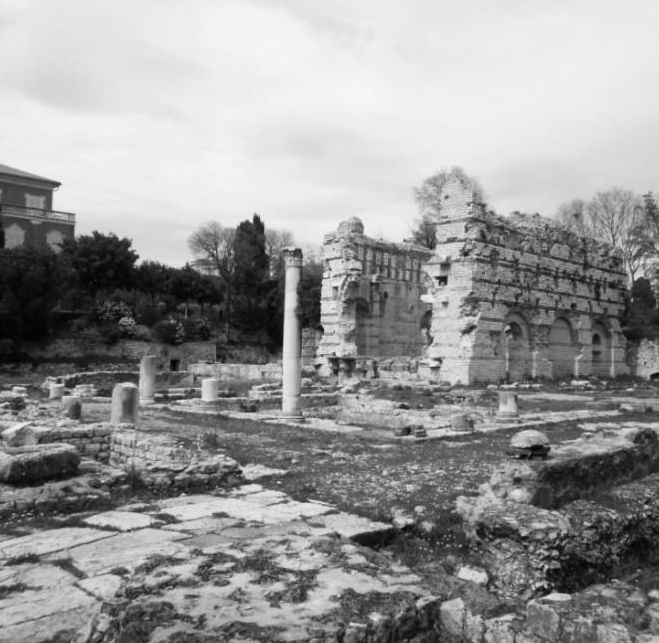
Synopsis:
The Byzantines were the strategic culture par excellence of Western civilization for much of their more than thousand year history. The Strategikon was written during the reign of the Emperor Mauricius as a military and diplomatic guidebook for the Byzantine high command. It is a combined arms treatise which synthesizes components of cultural anthropology, psychological operations, tactical dispositions, human intelligence collection, military maxims, reconnaissance techniques, and lessons learned from the era of the Later Roman Empire. The Strategikon – when it was followed – acted as a combat multiplier for the often outnumbered Byzantine military, and even when defeated their opponents usually only won after a close-run contest.
Excerpts:
“For it is not true, as some inexperienced people believe, that wars are decided by courage and numbers of troops, but – along with God’s favor – by tactics and generalship, and our concern should be with these rather than wasting our time in mobilizing large numbers of men. The former provide security and advantage to men who know how to use them well, whereas the other brings trouble and financial ruin.
“Warfare is like hunting. Wild animals are taken by scouting, by nets, by lying in wait, by stalking, by circling around, and by other such stratagems rather than by sheer force. In waging war we should proceed in the same way, whether the enemy be many or few.
“Before any fighting the first and the safest thing to do is to choose a few experienced and lightly armed soldiers and have them very secretly carry out attacks against some detachments of the enemy. If they succeed in killing or capturing some of them, then most of our soldiers will take this as evidence of our own superiority. They will get over their nervousness, their morale will pick up, and they will gradually become used to fighting against them.
“Unless it is absolutely necessary, for a few days after a defeat in battle no attempt should be made to line up again and resume the offensive. It is better to rely on stratagems, deception, carefully timed surprise moves, and the so-called fighting while fleeing, until the troops come to forget their discouragement, and their morale picks up once more.
“There can be no rest until the enemy is completely destroyed. If they seek refuge behind fortifications, apply pressure by direct force or by preventing them from getting more supplies for men and horses until they are annihilated or else agree to a treaty to our advantage. One should not slacken after driving them back just a short distance, nor, after so much hard work and the dangers of war, should one jeopardize the success of the whole campaign because of lack of persistence. In war, as in hunting, a near-miss is still a complete miss.
*All excerpts have been taken from Maurice’s Strategikon: Handbook of Byzantine Military Strategy, University of Pennsylvania Press.

